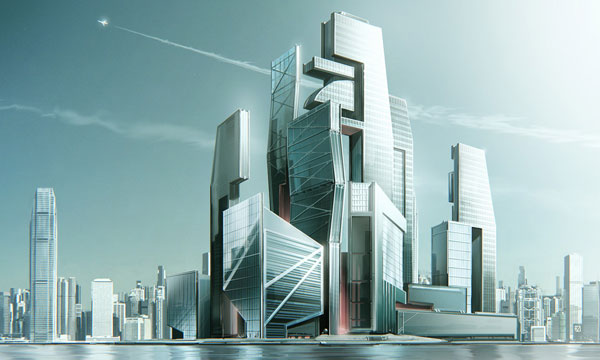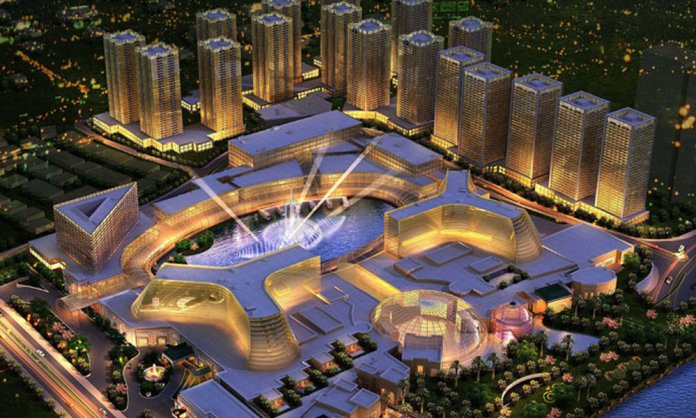Saudi Arabia on Tuesday said it has delayed by three days the launch of an “entertainment city” near Riyadh, part of a series of multi-billion dollar projects as the oil-reliant kingdom seeks to diversify.
King Salman had been scheduled on Wednesday to launch construction of the 334-square kilometer project in Qiddiya, southwest of Riyadh, touted as the kingdom’s answer to Disneyland.

“King Salman will inaugurate next Saturday the Qiddiya project, which is the new entertainment, sports and cultural destination in the kingdom,” the state-run Saudi Press Agency
Construction for the first phase of development, which would include high-end theme parks, motorsport facilities, and a safari area, is expected to be completed in 2022, officials say.
The facility highlights a “relentless effort to develop giga-projects that will help achieve many direct and indirect economic returns”, project official Fahd bin Abdullah Tounsi was quoted as saying in a government statement on Monday.
Qiddiya chief executive Michael Reininger has said the project in the entertainment-starved kingdom is expected to draw foreign investment but gave no figures.
Saudi Arabia has dazzled investors with plans for three hi-tech “giga projects”, funded in part by its sovereign wealth fund, but skeptics question their viability.
Aside from Qiddiya, the kingdom has unveiled blueprints to build NEOM, a mega project billed as a regional Silicon Valley, in addition to the Red Sea project, a reef-fringed resort destination — both worth hundreds of billions of dollars.
Such projects are the brainchild of Crown Prince Mohammed bin Salman, architect of a sweeping reform programme dubbed “Vision 2030”.
The reforms stem partly from a motive to boost domestic spending on entertainment as the kingdom has been reeling from an oil slump since 2014.
Saudis currently splurge billions of dollars annually to see films and visit amusement parks in neighboring tourist hubs like Dubai and Bahrain.
In February, Saudi Arabia’s General Entertainment Authority said it would stage more than 5,000 festivals and concerts in 2018, double the number of last year, and pump $64 billion in the sector in the coming decade.










































